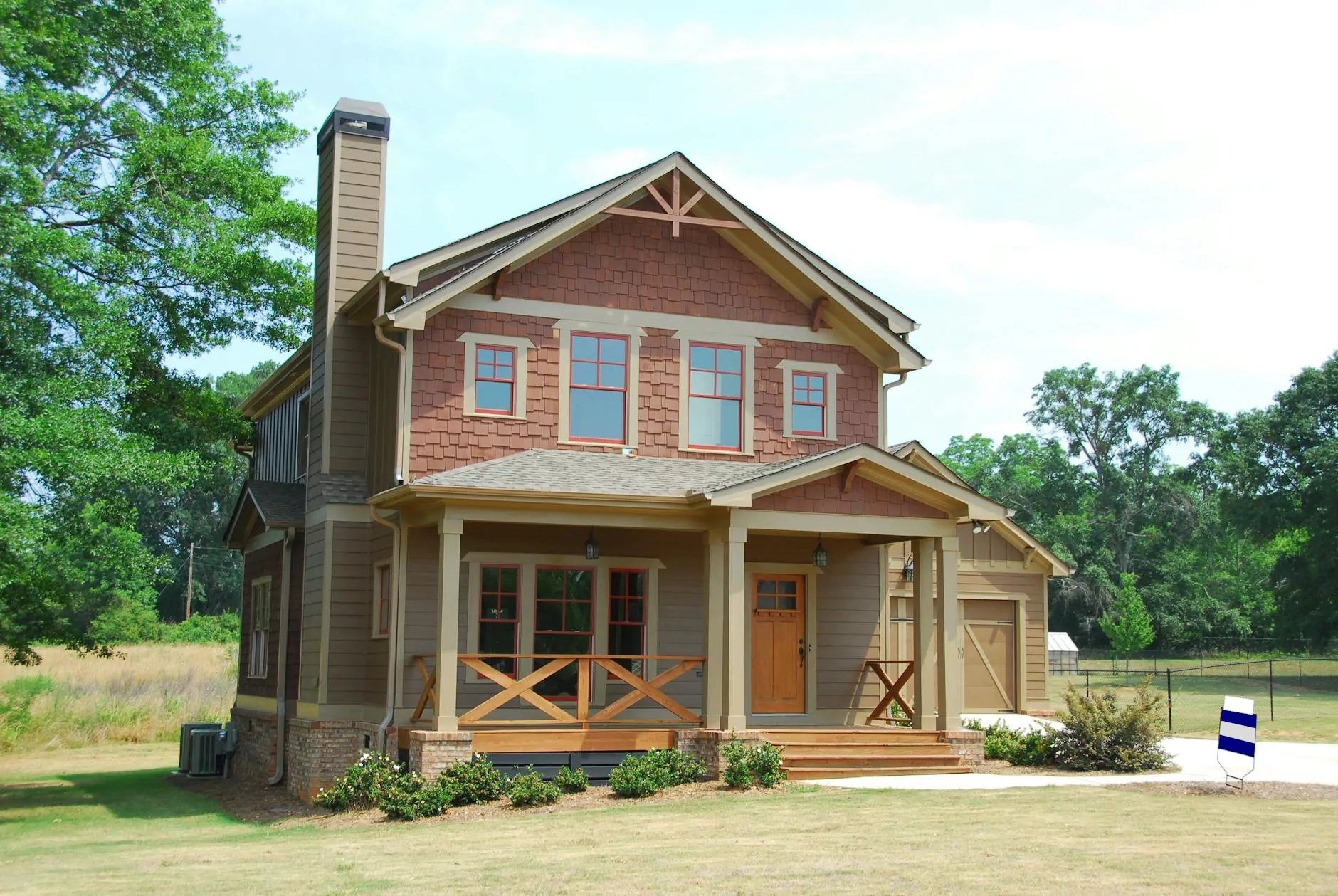Unlocking Success: The Role of an American Siding Company in Business Growth

The exterior of a building speaks volumes about its quality and integrity. In today's competitive market, ensuring your property stands out is vital. An American siding company plays a crucial role in enhancing the appeal, functionality, and longevity of buildings. This article dives into the significance of siding in business success, showcasing the benefits, types of materials, and the selection process of the right siding company.
Why Quality Siding Matters for Businesses
When it comes to making lasting impressions, quality siding is essential. Here are several key reasons why quality siding should be a priority for business owners:
- Enhanced Curb Appeal: First impressions matter. Quality siding can significantly improve a building's appearance, attracting clients and increasing foot traffic.
- Increased Property Value: An investment in superior siding can raise the overall value of the property, making it more appealing to potential buyers or renters.
- Energy Efficiency: Quality siding plays a pivotal role in insulation, which can lower energy costs by maintaining a consistent indoor temperature.
- Protection from Elements: Siding serves as the first line of defense against weather elements, protecting the underlying structure from moisture, wind, and pests.
- Low Maintenance: The right siding materials can minimize maintenance needs, freeing up time and resources for business owners.
Types of Siding Offered by an American Siding Company
Choosing the right type of siding is crucial for balancing aesthetics, durability, and budget. An American siding company typically offers a variety of materials:
1. Vinyl Siding
One of the most popular siding materials, vinyl siding is affordable, low-maintenance, and available in many colors and styles. Its durability makes it an excellent choice for regions with extreme weather.
2. Wood Siding
Wood siding exudes a natural charm and can be stained or painted for a customized appearance. However, it requires regular maintenance to protect against rot and insects.
3. Fiber Cement Siding
This type of siding combines cement, sand, and cellulose fibers, offering the aesthetic appeal of wood with the durability of concrete. Fiber cement siding resists fire, rot, and pests.
4. Metal Siding
Metal siding, commonly made from steel or aluminum, is known for its strength and long lifespan. It’s resistant to fire, insects, and rot, making it ideal for industrial properties.
5. Stucco Siding
Stucco provides a unique texture and is highly durable when installed correctly. It's particularly popular in warmer climates but can crack if not maintained.
Choosing the Right American Siding Company
Not all siding companies are equal. When selecting an American siding company for your project, consider the following factors:
- Experience and Expertise: Look for a company with a proven track record. Experienced contractors are likely to provide better craftsmanship and insight into the best materials for your needs.
- Reputation: Research reviews and testimonials from past clients to understand the company's work quality and customer service.
- Certifications and Insurance: Ensure the company is licensed and insured. This protects you and your property during the installation process.
- Range of Services: A company that offers a comprehensive range of siding options can help you find the perfect material that suits both your budget and design preferences.
- Free Estimates: Many reputable companies offer free estimates. This allows you to compare costs without feeling pressured.
Professional Installation: The Key to Longevity
Even the highest quality siding materials will not perform well without proper installation. Hiring professionals ensures that siding is installed according to industry standards and manufacturer specifications, reducing the risk of issues like leaks and insulation problems. A skilled American siding company will understand the nuances of different materials and their requirements for installation.
Maintenance Tips for Siding
To maximize the longevity of your siding, routine maintenance is necessary. Here are some tips to consider:
- Regular Cleaning: Clean your siding at least once a year to remove dirt, mold, and mildew. Different materials require different methods, so consult your siding manufacturer for the best cleaning practices.
- Inspect Periodically: Regular inspections can help catch any issues early, such as cracks or loose panels, allowing you to address them before they worsen.
- Repaint or Stain as Needed: Wood siding may require periodic repainting or staining to protect against the elements. Follow the manufacturer's recommendations for timing.
- Trim Bushes and Trees: Keep foliage away from your siding to prevent moisture and pests from becoming a problem.
- Hire Professionals for Repairs: If you encounter any significant damage, seek professional help to ensure it’s repaired correctly.
Conclusion: Investing in Quality
Investing in quality siding through a reputable American siding company can improve the aesthetics, functionality, and longevity of your business property. The right siding not only elevates your building's appearance but also protects your investment and enhances its value. By understanding the types of siding available, choosing the right company, and maintaining your siding properly, you pave the way for a successful future for your business.
In conclusion, the strategic choice of quality siding and professional installation is a decision that can yield substantial rewards in terms of customer appeal, property value, and operational efficiency. The long-term benefits of this investment ideally position businesses to thrive in an ever-competitive market.









